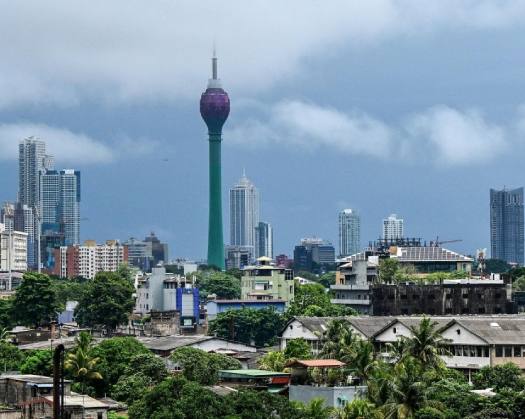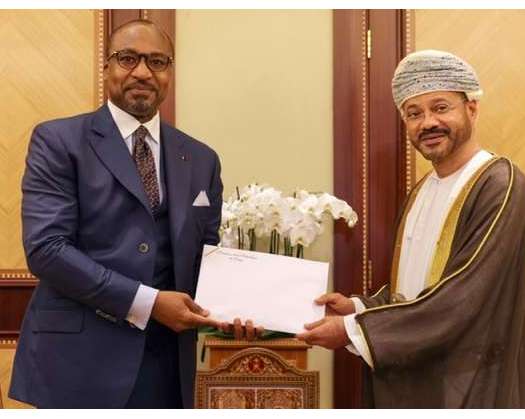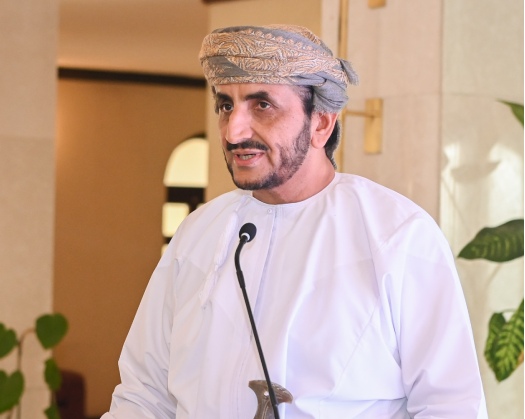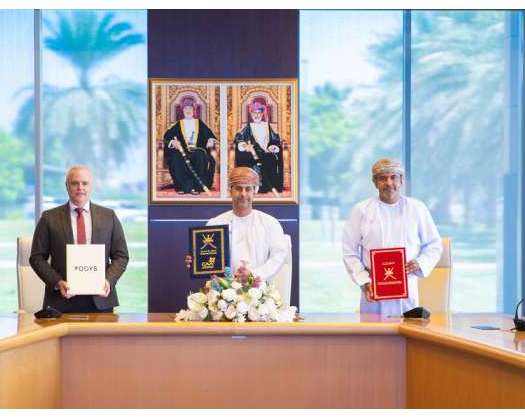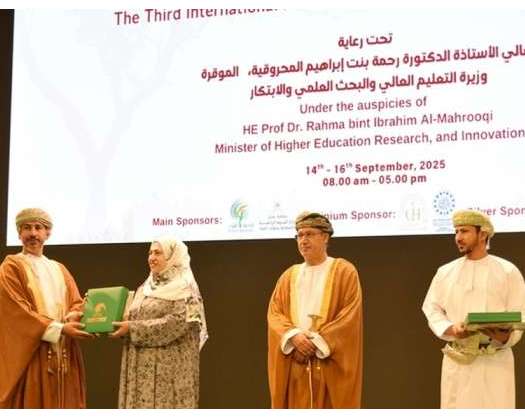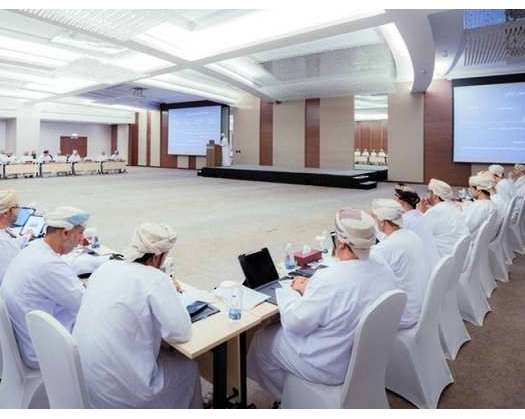The United Nations Human Rights Office has issued a statement on Thursday, expressing concerns regarding the erosion of fundamental freedoms in Sri Lanka, as the nation prepares to elect a new president in September.
A report released by the UN agency on Thursday underscores that Sri Lanka, in the midst of its inaugural presidential election following a period of economic recovery from a severe crisis, has failed to reform its human rights protection framework despite promising such reforms. Instead, legislation and bills enacted since 2023 have conferred extensive powers on security forces and expanded limitations on freedom of expression, opinion, and association, as stated by the Office of the High Commissioner for Human Rights (OHCHR). This development is particularly alarming given the critical nature of the country's pre-election phase, according to UN Human Rights Chief Volker Turk in a statement. The OHCHR has also highlighted the deterioration of democratic mechanisms, ongoing threats and intimidation directed at civil society and journalists, and the recurrence of human rights abuses.
Furthermore, the report points out the continuation of arbitrary arrests and detentions, including instances of torture and fatalities in custody. Sri Lanka has maintained a substantial military presence relative to its population of 22 million since concluding a decades-long conflict against the separatist Tamil Tigers in 2009. Turk has called upon Sri Lankan authorities to acknowledge the suffering of victims and to recognize the role of security forces in perpetrating gross human rights violations, attributing these issues to impunity and a persistent lack of accountability. The report also notes that a military offensive led to the deaths of at least 40,000 civilians in the latter stages of the conflict, as estimated by the UN.
The report criticizes Sri Lankan forces for indiscriminate shelling of civilian areas. It emphasizes that crimes and violations committed during and following the civil war must be held to account. Sri Lanka has faced financial difficulties, leading to a default on its $46 billion foreign debt in April 2022, due to a lack of foreign exchange for essential imports. This has precipitated an unprecedented economic crisis in 2022, resulting in months-long shortages of food, fuel, and medicine across the island nation, which in turn has sparked widespread unrest. Austerity measures have disproportionately affected women and the impoverished, as noted in the report. The local elections scheduled for last year were postponed indefinitely due to the government's assertion of insufficient funds to conduct a nationwide vote.

